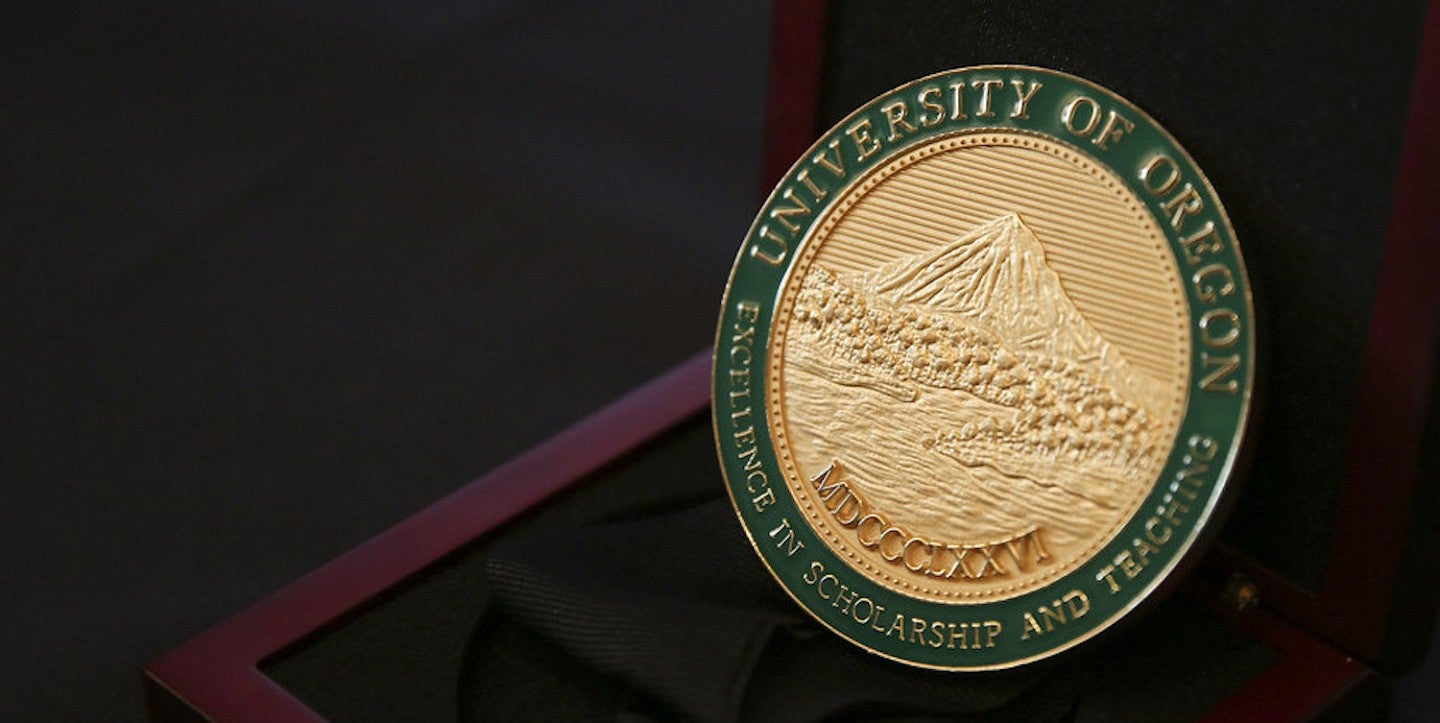
2020-21 Recipients
The Office of the Provost has selected 15 faculty members as the 2020-21 Fund for Faculty Excellence recipients.
The fund was established in 2006, thanks to generous gifts from Lorry I. Lokey. Since then more than 160 faculty members have received the awards, in recognition of their excellence in creative accomplishment, education, research, and scholarship.
The recipients of the Fund for Faculty Excellence not only achieved a high level of scholarship and contributions to their field but are key participants in developing and defining the academic mission of the university through service and daily work.
Meet the 2020-21 recipients.
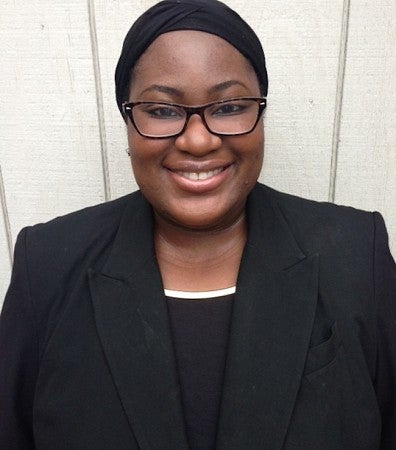
Kemi Balogun, Associate Professor, Women’s, Gender, and Sexuality Studies and Sociology
Balogun is a feminist sociologist whose research centers transnational approaches. Her research explores how globalization and nationalism are informed by gender, race, and class within Africa and the African Diaspora. She is the author of Beauty Diplomacy: Embodying an Emerging Nation on Nigerian beauty politics and the co-editor of Africa Every Day: Fun, Leisure, and Expressive Culture on the Continent. Her award-winning scholarship has appeared in top peer-reviewed venues. Her work bridges the fields of gender studies, sociology, and African Studies. Her current research focuses on citizenship, travel, and migration among different groups of Nigerians.
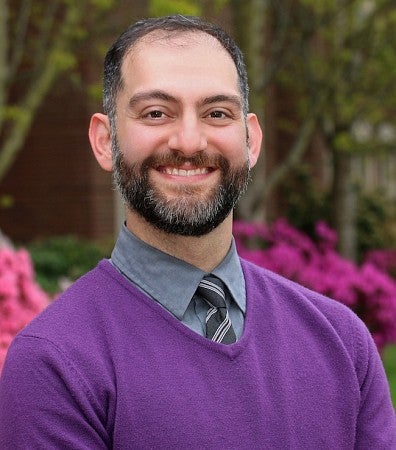
Michael Fakhri, Associate Professor, Law
Fakhri brings his expertise in international trade, development, and human rights to understand how food systems work. The UN recently appointed him as the Special Rapporteur on the Right to Food, making him the leading UN expert on issues related to food systems. His work has been cited by the International Court of Justice. Fakhri has delivered lectures at leading universities in places such as South Africa, Argentina, Egypt, Lebanon, Qatar, Singapore, Italy, Switzerland, Iceland, Australia, and the United Kingdom. He has also been invited to give talks by peasant associations, labor unions, and human rights activists all over the world and at international organizations. He has presented his research to international organizations such as the UN General Assembly, the World Trade Organization, and the Food and Agriculture Organization. He has also appeared in media outlets including NPR, CBC, Al Jazeera, and Reuters.
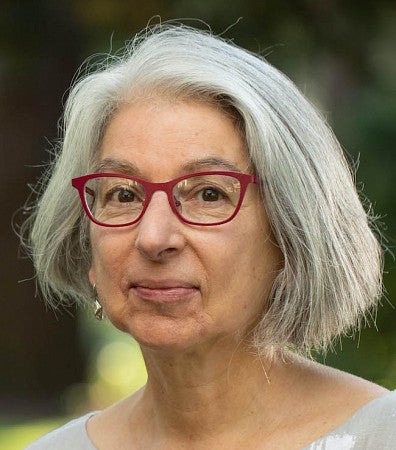
Bryna Goodman, Professor, History
Goodman is a historian of modern China, currently working on the imagination of finance in twentieth-century China. She is an authority on Shanghai and has published on gender, formations of colonialism in China, print culture, and capitalism, with fellowship recognition from NEH, Radcliffe Institute for Advanced Study, the National Humanities Center, and IAS (Princeton). Her new book, The Suicide of Miss Xi: Democracy and Disenchantment in the Chinese Republic will be published by Harvard University Press in spring 2021.
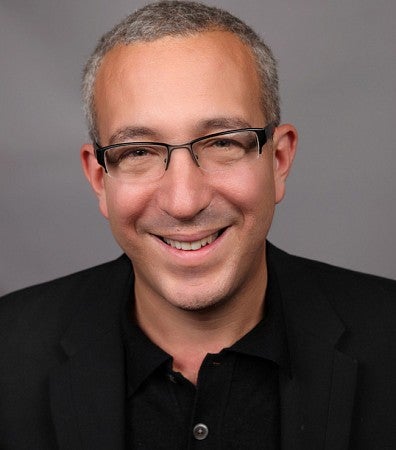
David Hollenberg, Associate Professor, Religious Studies
Hollenberg is an Arabist and Islamicist whose research is devoted to contributing to our knowledge of early Shiism. He has directed two collaborative grants from the National Endowment for the Humanities, the first devoted to the digital preservation of endangered manuscripts in Yemen, and the second, to the publication of a critical edition and translation of an important source in the Nusayri-Shiite tradition. He directs UO's Arabic program and established GEO's overseas intensive Arabic program in Jordan. He derives great satisfaction seeing students who graduate from UO find employment using their Arabic language skills and drawing on their experiences studying or interning in the Middle East.
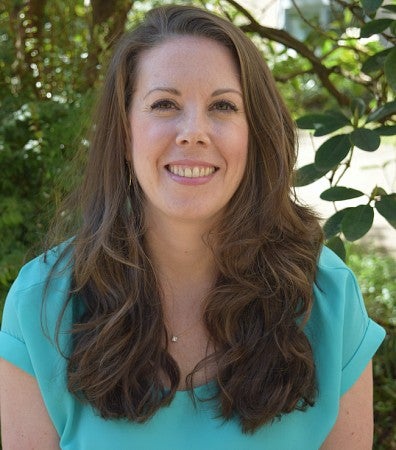
Adrianne Huxtable, Associate Professor, Human Physiology
Dr. Huxtable’s research focuses on the development and maturation of neural networks controlling breathing. She is specifically interested in how early life stressors (e.g. inflammation or drugs of abuse, such as opioids) impair respiratory control networks by altering how distinct cell types in the central nervous system communicate. Her work is funded by the National Institutes of Health and was featured in an eLife podcast. She was also recognized by the American Physiological Society Giles F. Filley Memorial Award for Excellence in Respiratory Physiology and Medicine.
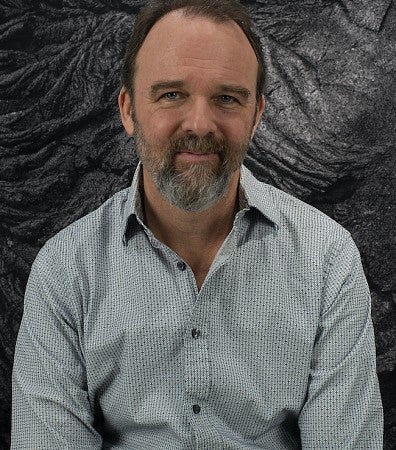
Ron Jude, Professor, Art
Jude is an internationally recognized photographer whose work has been published in ten monographs (four since his arrival at UO in 2015) and exhibited in venues around the world. While much of his work explores the nexus between place, memory, and narrative, he has recently turned his attention to the imperceptible forces of geological deep time. With the support of a Guggenheim Fellowship in 2019, he recently completed production of a project entitled 12 Hz, which was published as a monograph in September of 2020. These photographs are currently being organized into a traveling exhibition for the Barry Lopez Foundation, which will open in late 2021. Jude is the area coordinator for photography in the Department of Art.
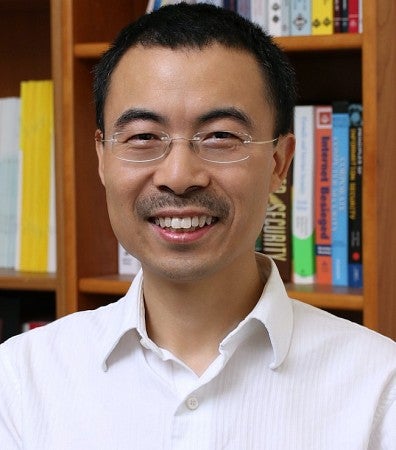
Jun Li, Professor, Computer and Information Science
Li is a computer scientist in the area of cyber security, computer networking, and distributed systems. He studies Internet-based security attacks and defenses, Internet-wide monitoring of anomalous events, as well as a wide range of cyber security issues including those related to online social networking, blockchain and cryptocurrency, and Internet of Things (IoT). He is an NSF CAREER awardee. He serves as the founding director of UO’s interdisciplinary Center for Cyber Security and Privacy (CCSP).
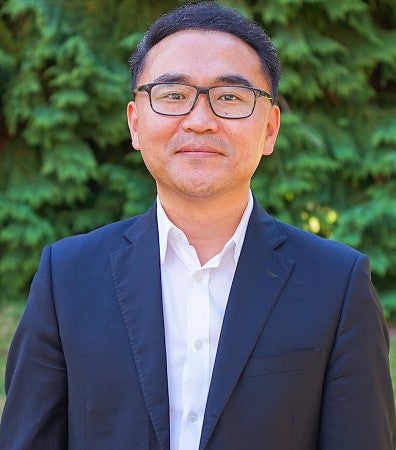
Seungahn Nah, Professor, Journalism and Media Studies,
Nah specializes in the areas of digital media, artificial intelligence, community, and civic engagement. He has published more than 50 journal articles in the leading communication journals, in addition to a substantial number of books, edited volumes, and book chapters. His scholarship blends theory, research, and practice, contributing significantly to participatory communication and democracy in the field and beyond. He is a recipient of distinguished research, teaching, and service awards, as well as numerous grants from major funding sources such as National Science Foundation. He served as Associate Dean for Graduate Affairs and Research at UO’s School of Journalism and Communication. He is a Past President of the Korean American Communication Association (KACA). Currently he is an associate editor of the Journal of Communication and on the editorial board of a dozen premier journals.
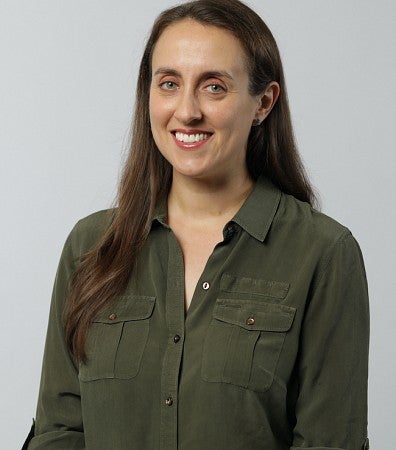
Carol Paty, Associate Professor, Clark Honors College & Earth Sciences
Paty is a planetary and space physicist specializing in studying moon-magnetosphere interactions and icy moon interiors with simulations and spacecraft observations. She is a co-investigator on NASA’s Europa Clipper mission and actively developing new mission strategies to explore the Neptune-Triton system as part of the Trident mission team. She recently led a review paper on ice giant magnetospheres and is serving on a National Academies panel for the Planetary Science and Astrobiology Decadal Survey. At UO, Paty has been deeply engaged with the recent curriculum revision and implementation in the Clark Honors College as well as mentoring graduate students in planetary science.
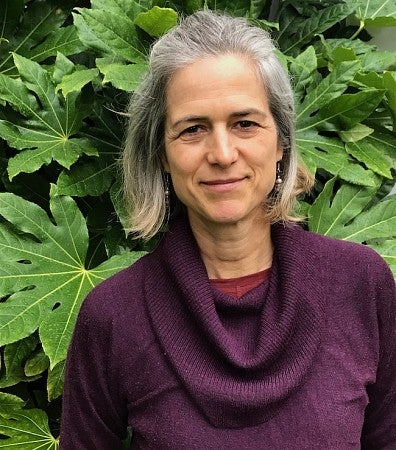
Melissa Redford, Professor, Linguistics
Redford’s research focuses on the question: How do speakers turn language into the action that is speech? She takes a developmental approach to this question. In so doing, she challenges common psycholinguistic assumptions about speech production while investigating spoken language behavior across the lifespan. Redford has an active project grant on speech rhythm acquisition that is funded by the Eunice Kennedy Shriver National Institute of Child Health and Human Development. In other ongoing work, she is laying the foundation for equally large projects on the perceptual-motor factors that condition speech errors and on the learned coordination of language and breathing during speaking. In addition to serving as Department Head for Linguistics, Redford also serves as a charter member of the Language and Communication Study Section for the Center for Scientific Review at the National Institutes of Health.
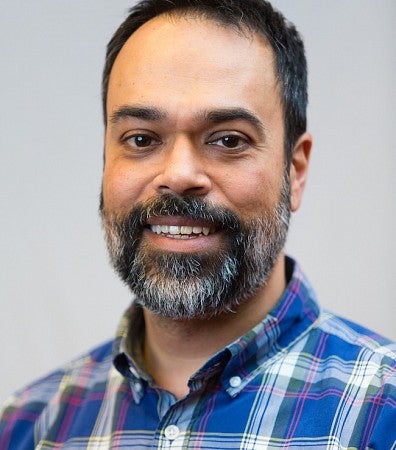
Sanjay Srivastava, Professor, Psychology
Srivastava is a professor of psychology and director of the Personality and Social Dynamics Lab. In his research, he studies how personality, emotions, and social status are signaled in in-person and online settings; how people form impressions of one another and act on those impressions; and how personality develops over the lifespan. This work has been funded by the National Institutes of Health and the National Science Foundation. Srivastava has also been a leader in the open science movement, and through his service and collaborations he has worked to promote methods and practices that make psychology more transparent, rigorous, inclusive, and just. He teaches, blogs, and podcasts about personality psychology, open science, and research methods.
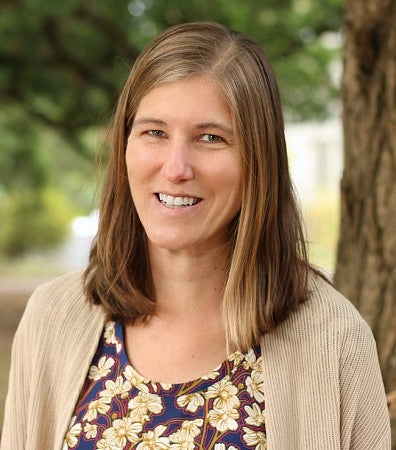
Kelly Sutherland, Associate Professor, Biology
Sutherland is a marine scientist focused on animal-fluid interactions in the open ocean. Her research has brought attention to the central, yet underappreciated, roles that gelatinous animals play in marine ecosystems. In 2016 her work was recognized with an early career Sloan Fellowship in Ocean Sciences. She is dedicated to mentoring students and communicating research findings to broader audiences through collaborations with journalists and artists.
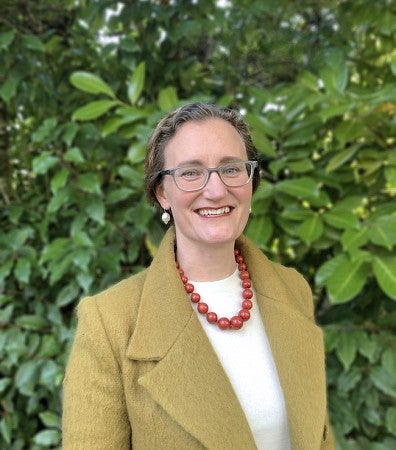
Roxi Thoren, Professor and Department Head, Landscape Architecture
Thoren is a Professor and Department Head in the Department of Landscape Architecture, and the Director of the Fuller Center for Productive Landscapes; she previously served a term as the Associate Dean for Academic Affairs in the College of Design, and she is currently serving a term on the Landscape Architecture Accreditation Board. She is the author of Landscapes of Change, listed by the American Society of Landscape Architects as a 2014 Top Ten book in landscape architecture, and co-author of Farmscape: Designing the Productive Landscape. She is a Fulbright Fellow and a 2020-2021 Landscape Architecture Foundation Leadership and Innovation Fellow. Thoren has received research and design awards from the Council of Educators in Landscape Architecture, the American Society of Landscape Architects, the Landscape Architecture Foundation, and the Council of Landscape Architectural Registration Boards.
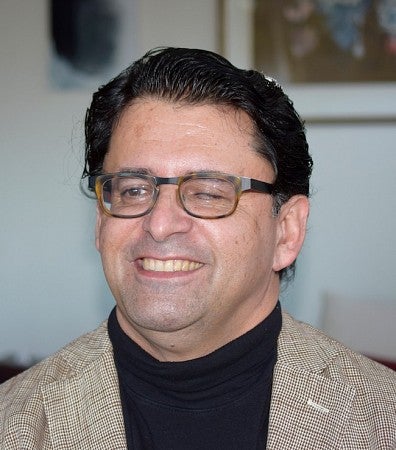
Alejandro Vallega, Professor, Philosophy
Vallega is the author of Heidegger and the Issue of Space: Thinking on Exilic Grounds; Sense and Finitude: Encounters at the Limits of Art, Language, and the Political ; Latin American Philosophy from Identity to Radical Exteriority ; and Tiempo y Liberación. His work focuses on aesthetics, Latin American thought, decolonial thought, and Continental philosophy. Some of his most pressing concerns are the decolonizing of world philosophies; the relationship of Latin American thought and Continental philosophy; the pre-reflexive aesthetic elements that underlie conceptual knowledge; the way literature, oral traditions, and graphic arts occur as thought; the reinterpretation of word and image as ciphers for the articulation of human existence; and the ways loss, silence, involuntary memory, and nonrepresentational modalities of understanding are at play in the movement and determinations of philosophical thought.
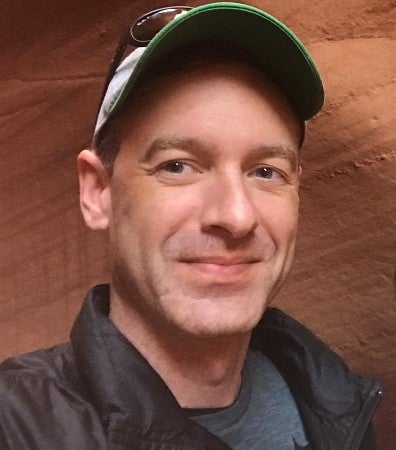
Jim Watkins, Associate Professor, Earth Sciences
Watkins is an experimental geochemist and theoretician who studies impurity uptake into crystals grown in environments ranging from seawater-like solutions to molten lava. The experiments in his lab allow his group and others to infer the conditions of crystal growth that prevailed in the geologic past. His work in the field of volcanology earned him an Early Career Award in 2017.
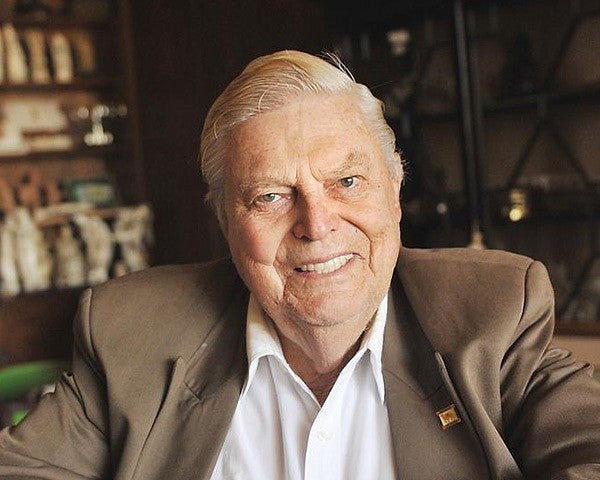
Lorry I. Lokey
The Fund for Faculty Excellence is one of the UO awards programs that is made possible by Mr. Lokey’s support. Established in 2006, the Fund for Faculty Excellence is designed to support the university’s strategic commitment to improve academic quality by rewarding faculty members for their creative work in research and scholarship.
